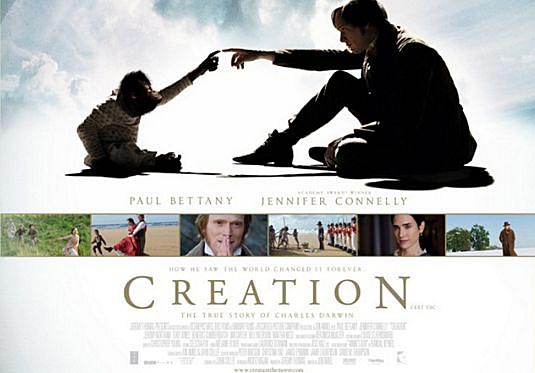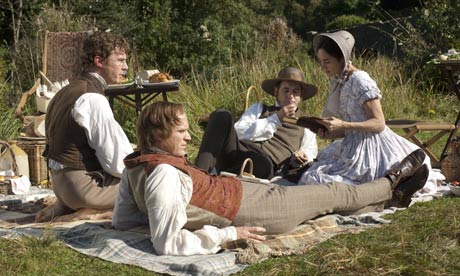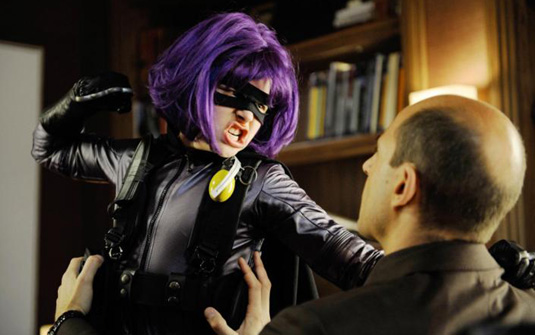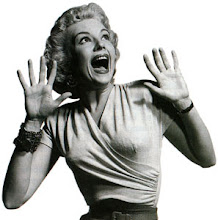It is a rather strange coincidence that the British/South African film Skin, which is the story of a black woman born to white parents, is released in Australia in the same week that a black couple in the UK had a white baby. Like the recent British case that has made headlines all over the world, Skin features a similar occurence of what is known as genetic throwback (the influence of a relative further back on the family-tree producing a child with a different racial appearance to the parents). Based on the true story of Sandra Laing, who was born to white parents during Apartheid South Africa, Skin highlights the cruelty and arbitrary nature of segregation policies and the hypocrisies of South African society during this time.
The young Sandra (Ella Ramangwane) is sent by her loving parents to the exclusive boarding school that her brother Leon (Hannes Brummer) attends. Her strong-willed father Abraham (Sam Neill), with his own racial prejudices refuses to believe that his dark-skinned daughter will not be accepted at an all-white school. Sandra’s mother Sannie (Alice Krige) is more realistic about her daughter’s options, but bends to her husband’s will. Sandra’s treatment at the school is just the start of her life-time confusion and her mistreatment at the hands of the government and her family.
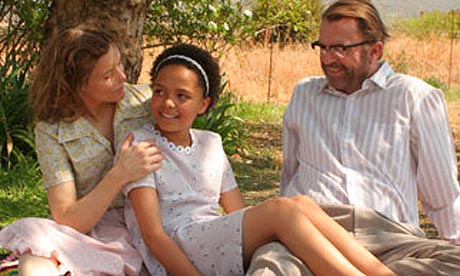
Sandra Laing’s case caused a change to South Africa’s racial laws during Apartheid, with classification of race decided to be determined by parentage not colour. In a society where one’s skin colour determined everything from where you could live, where you could work and who you could marry, Sandra’s life was made no better by an official declaration of her whiteness. Sandra’s teen and adult years (played by British actress, Sophie Okonedo), show the troubles she faced in finding acceptance in both black and white communities.
This is the first feature film for director Anthony Fabian, and at times this really shows with some substantial weaknesses to the film. The most problematic being the casting of Okonedo as both the teenage and adult Sandra. Okonedo is a fantastic actress, but watching her play the shy 17 yr old Sandra felt like a drama exercise.
Skin, while not the most accomplished film, is a story definitely worth telling. The tragedy of Sandra Laing’s life perfectly illustrates the cruelty of the Apartheid era, but also the idiocy of racism. This film questions notions of identity by examining the way that Sandra’s life became defined by the colour of her skin. Despite the film’s faults, Skin is an emotional and at times powerful look at a very sad period of South Africa’s recent history, told through the eyes of a survivor
First published on Trespass














